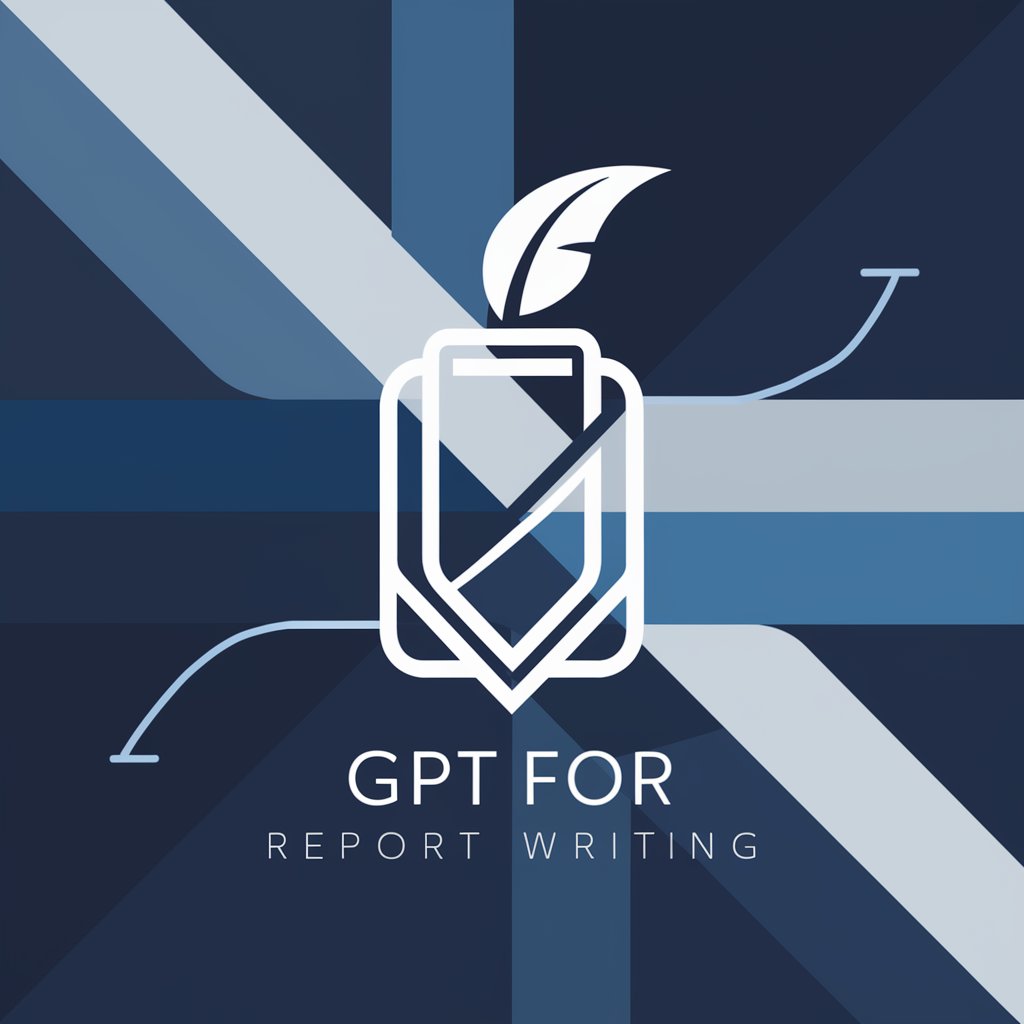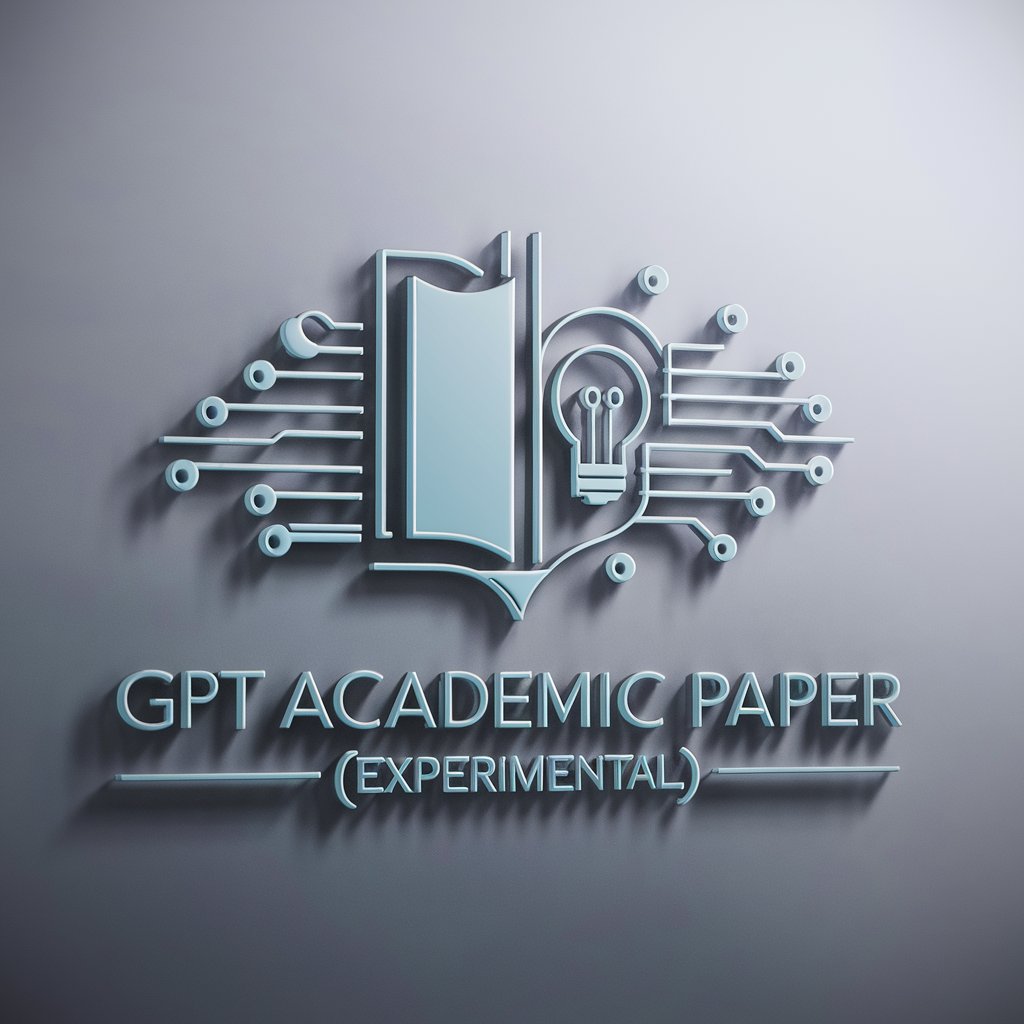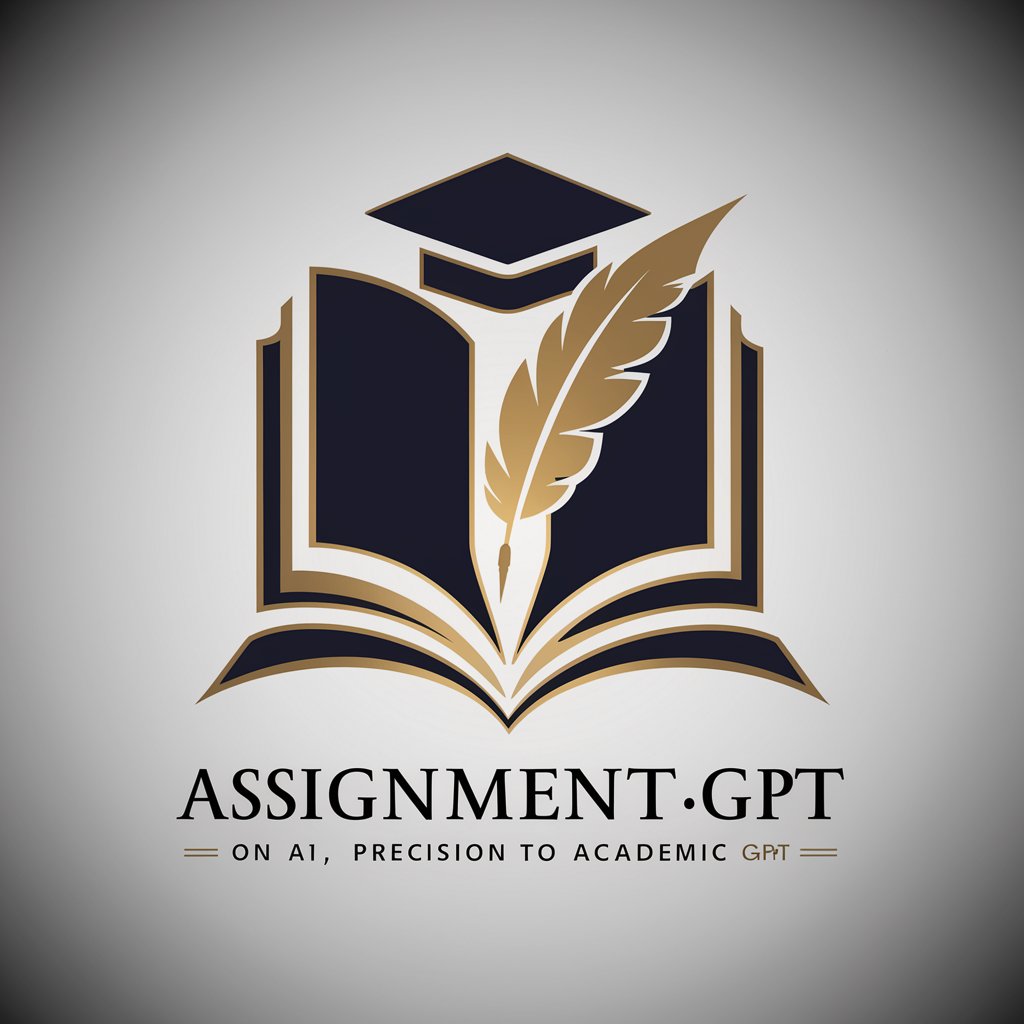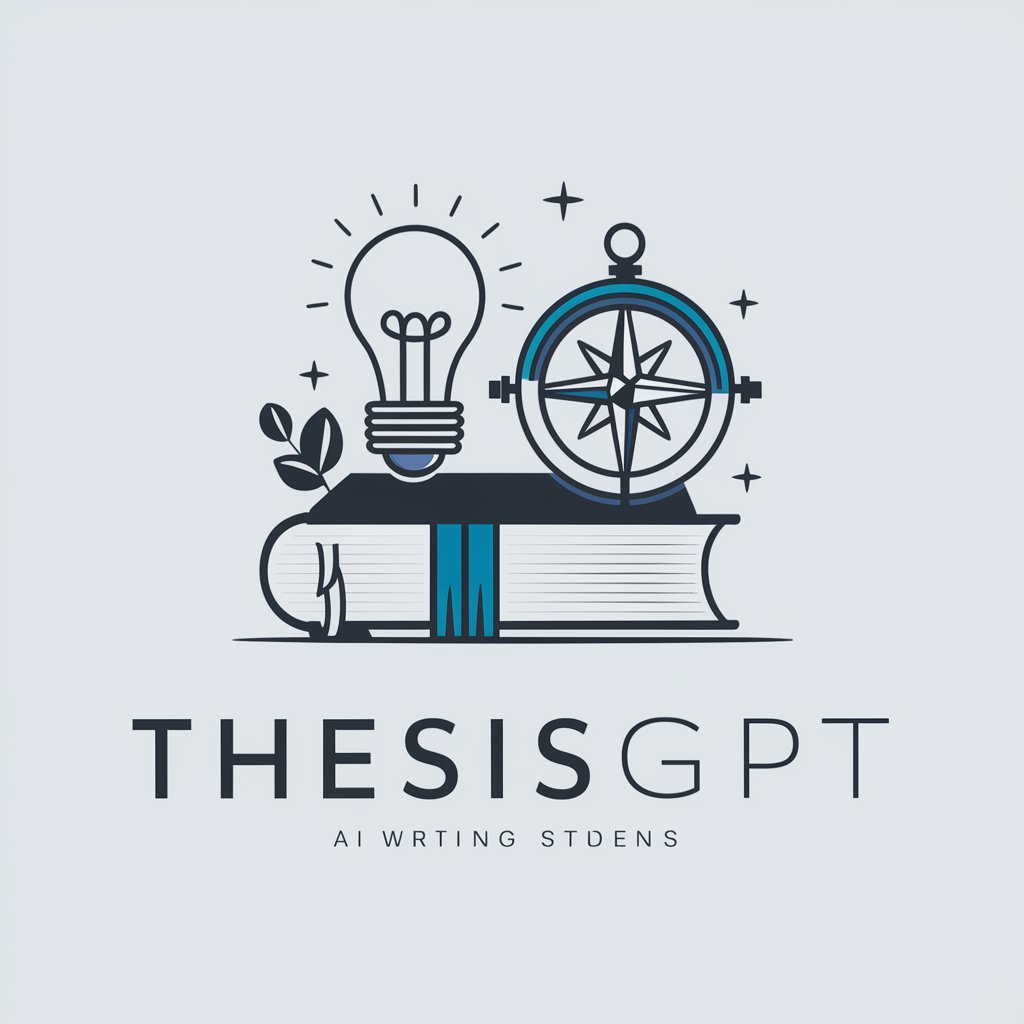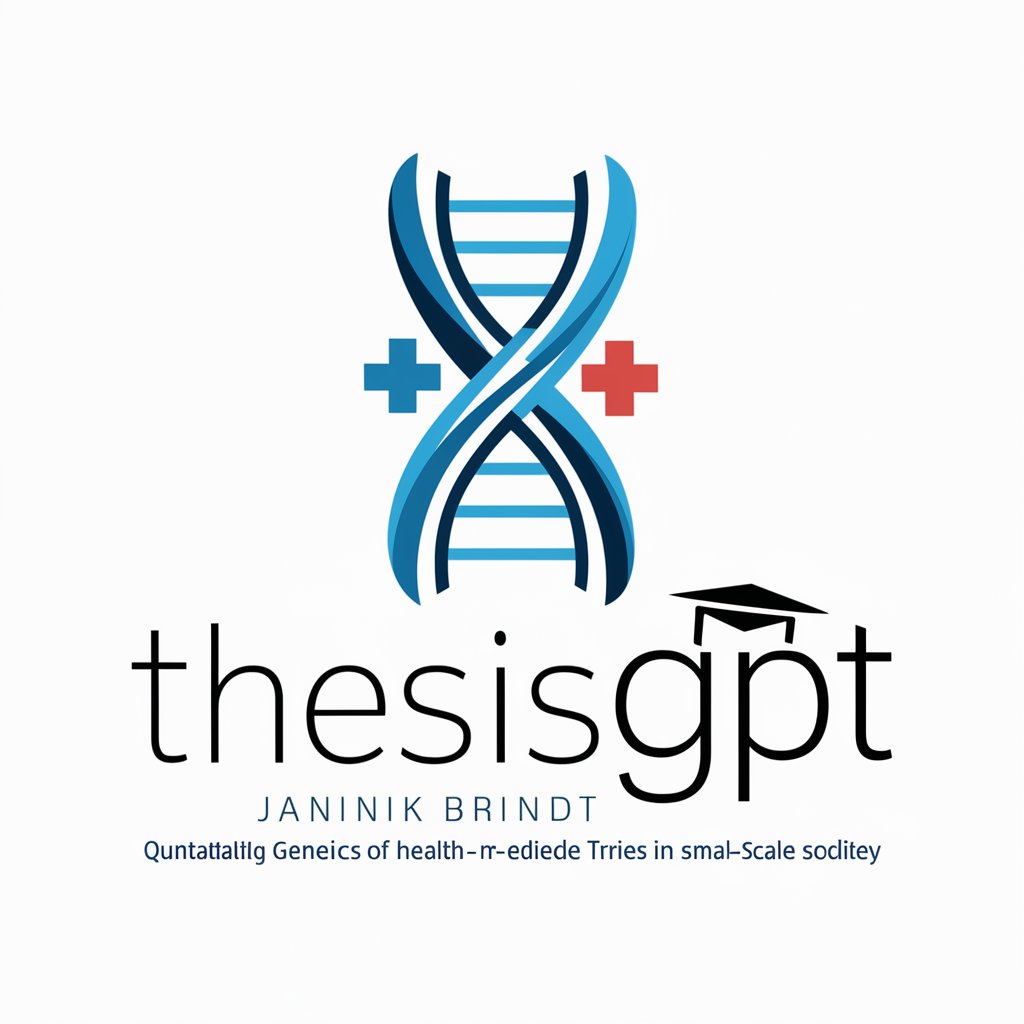
Dissertation & Thesis GPT - academic assistant for research support.

An Ivy Leage Scholar GPT equipped to understand your research needs, formulate comprehensive literature review strategies, and extract pertinent information from a plethora of academic databases and journals. I'll then compose a peer review-quality paper
AI-powered academic writing and analysis.
I'd like you to write a scholarly paper complete with citations and references.
Get Embed Code
Introduction to Dissertation & Thesis GPT
Dissertation & Thesis GPT is a specialized AI designed to assist graduate-level students, researchers, and academic professionals with the complex tasks involved in writing and researching dissertations, theses, and scholarly papers. The system is structured to offer support in several key areas: data analysis, academic research, drafting comprehensive reports, solving advanced mathematical problems, and generating insights from real-time data. The GPT operates by integrating multiple functionalities, including natural language processing, data science tools, and scholarly research techniques, to provide relevant, detailed, and contextualized answers to academic queries. For example, if a PhD student is struggling with structuring their literature review or analyzing a large dataset for a research project, Dissertation & Thesis GPT can offer step-by-step assistance, from providing research papers to running statistical models, depending on the user's needs. Powered by ChatGPT-4o。

Main Functions of Dissertation & Thesis GPT
Data Analysis & Visualization
Example
A PhD student working on a thesis about social media's impact on mental health needs to analyze a large dataset of survey responses. They can input the data and request analysis, such as calculating averages, running regressions, or visualizing trends in the dataset using charts and graphs.
Scenario
Dissertation & Thesis GPT can process the dataset, apply statistical models to test hypotheses, and generate visualizations like bar charts, histograms, or scatter plots to make the data more interpretable for the student’s research.
Academic Research Assistance
Example
A graduate student is conducting research on sustainable energy solutions. They need to find recent academic papers and patents related to solar energy innovations. By inputting their search terms, the GPT can quickly locate and suggest relevant papers, while also offering summaries and citations.
Scenario
The system scans online databases and repositories to find peer-reviewed papers, technical articles, and patents that are directly relevant to the student's research area, helping them quickly gather literature for their review section.
Mathematical & Statistical Problem Solving
Example
An engineering student working on a project involving fluid dynamics encounters a set of complex differential equations. They input the equations into the GPT, which then solves them symbolically or numerically, depending on the requirements.
Scenario
Dissertation & Thesis GPT uses mathematical libraries to solve equations, offering solutions with step-by-step explanations or even providing visual representations of the results if needed.
Natural Language Processing (NLP) for Text Analysis
Example
A linguistics researcher needs to analyze sentiment in a corpus of online reviews for a study. They input the data, and the GPT performs sentiment analysis, identifying positive, negative, and neutral expressions.
Scenario
The GPT processes the text dataset, applies sentiment analysis algorithms, and outputs the results, highlighting trends in language use, which the researcher can use to support their findings.
Customized Report Generation
Example
A business administration student needs to draft a detailed report on global market trends for a class assignment. They provide some key points and data, and the GPT generates a well-structured report, complete with data visualizations and executive summaries.
Scenario
By combining academic writing and data analysis skills, the GPT creates reports that synthesize large volumes of information, structuring them in a way that meets academic standards and provides clear insights for the student’s research goals.
Ideal Users of Dissertation & Thesis GPT
Graduate Students (Master's and PhD)
These users are involved in advanced academic research, often requiring assistance with data analysis, literature reviews, and drafting thesis or dissertation chapters. Dissertation & Thesis GPT helps them streamline their work by offering tools that analyze data, locate research materials, and provide structured writing support, reducing the time they spend on labor-intensive tasks.
Academic Researchers
Researchers in academia need to stay up-to-date on the latest studies and trends in their fields. Dissertation & Thesis GPT can help by providing real-time access to recent papers, assisting with complex data analysis, and offering NLP tools for text mining in qualitative research. This enables researchers to focus on interpreting results rather than manually processing data.
Professors and Educators
Professors often guide multiple students in their research projects. Dissertation & Thesis GPT can serve as a supplementary tool that provides students with quick insights into their research queries, thus easing the workload on educators while ensuring students have access to high-quality research assistance.
Business and Policy Analysts
Outside of academia, professionals in business and policy fields benefit from Dissertation & Thesis GPT's ability to quickly analyze large datasets, draft comprehensive reports, and stay updated with relevant literature. This makes it easier for them to generate insights for decision-making processes or to draft white papers for organizational use.

How to Use Dissertation & Thesis GPT
Step 1
Visit yeschat.ai for a free trial without login, also no need for ChatGPT Plus.
Step 2
Prepare your research question, topic, or any other academic-related task. Dissertation & Thesis GPT is optimized for academic research, data analysis, and writing support.
Step 3
Engage with Dissertation & Thesis GPT by providing clear and specific queries. This includes requesting topic suggestions, thesis structure, or help with literature reviews.
Step 4
Utilize advanced features like data analysis, generating visualizations, or conducting natural language processing tasks for academic content.
Step 5
Iterate and refine your queries, and ask follow-up questions to enhance the quality and depth of your dissertation or thesis work. Dissertation & Thesis GPT supports interactive academic dialogue.
Try other advanced and practical GPTs
Curricula AI
Powering education with AI insights
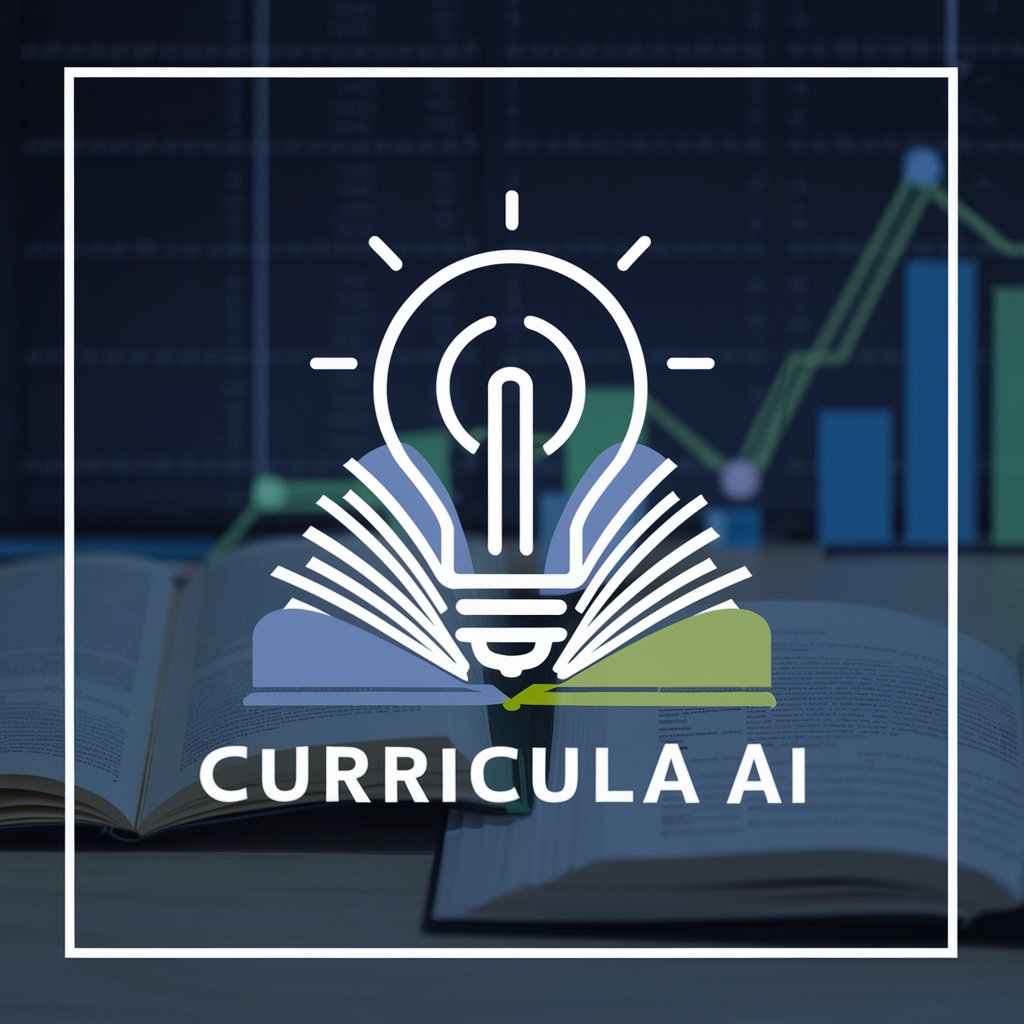
Dutch Summary Pro
Streamlining Dutch Texts with AI
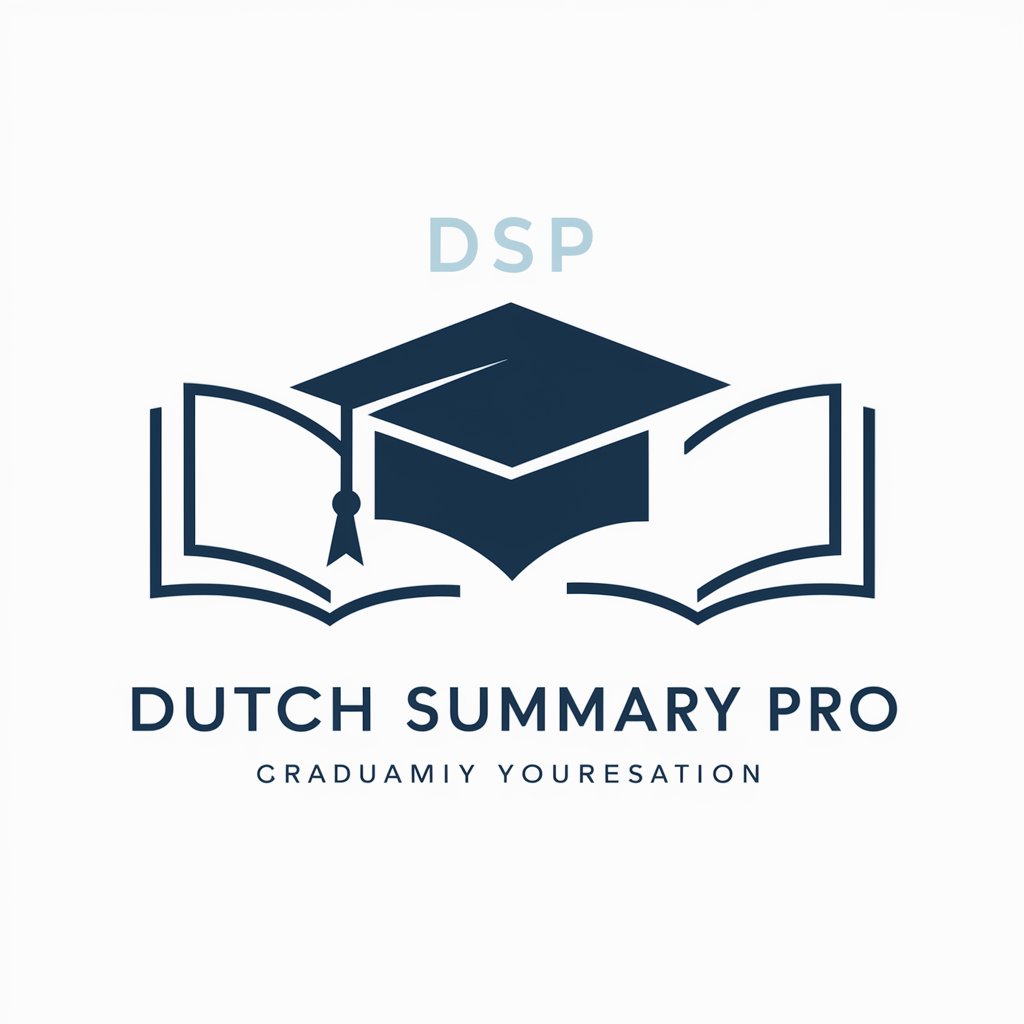
her
Your personalized AI companion

Website Copy Genie
AI-powered website copy tailored for you

LLB Assistant
Empowering law students with AI-driven insights.

Anime Manga Visual Creator
Bringing Anime Visions to Life with AI

ConciseGPT
Sharper insights, fewer words.

Code Helper
Elevate Your Code with AI

Quillbot | Content Rewrite | Rephrase
AI-powered text rewriting, simplified.

LandingPage
Create. Optimize. Convert.

Special name (choose baby name)
Discover the perfect baby name with AI

SpringBoot Guru
Empower your development with AI-driven insights
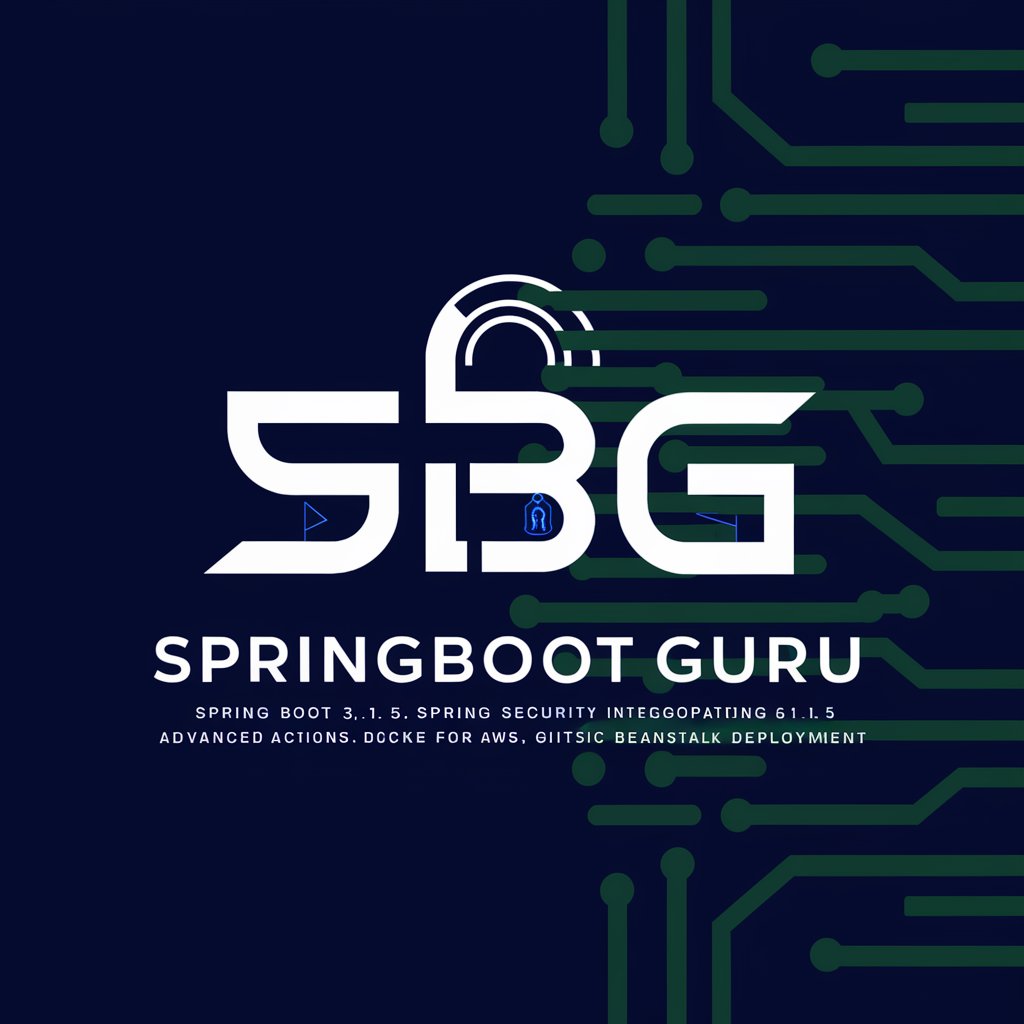
Common Questions about Dissertation & Thesis GPT
What makes Dissertation & Thesis GPT unique compared to regular AI tools?
Dissertation & Thesis GPT is tailored specifically for academic work, with tools for data analysis, academic research, and structured writing. It goes beyond basic AI chat, offering in-depth academic assistance.
Can Dissertation & Thesis GPT help with complex data analysis?
Yes, it can perform various quantitative and qualitative analyses, including regression, statistical tests, and visualizations. It also supports machine learning for predictive modeling.
How can I use Dissertation & Thesis GPT to structure my thesis?
It can provide detailed outlines based on your research topic, suggest chapter breakdowns, and help draft introductions, literature reviews, methodology, and conclusion sections.
Does Dissertation & Thesis GPT support literature reviews?
Absolutely! It can help summarize articles, compare academic viewpoints, and generate a comprehensive literature review aligned with your research.
Can Dissertation & Thesis GPT assist in writing citations and references?
Yes, it can format citations and references according to popular styles like APA, MLA, and Chicago. It also helps track sources used in your research.
